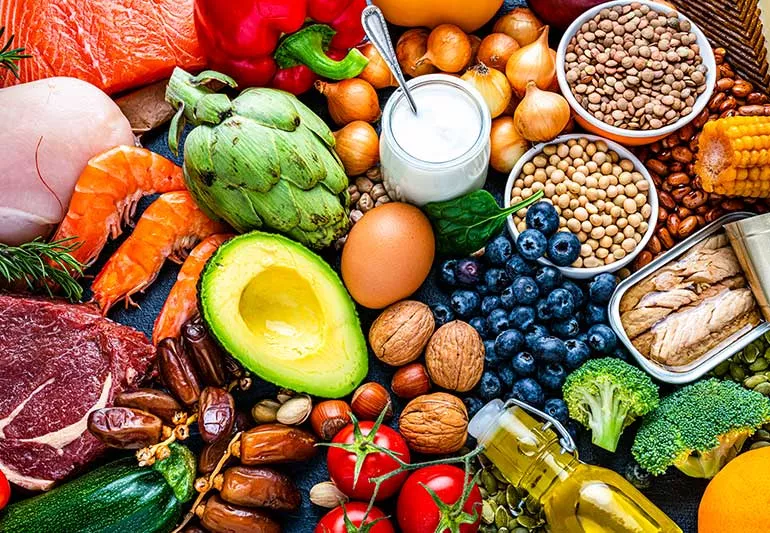Why Vitamin D3 Matters—A Story Closer Than You Think
Meet Riya, a young mother who often felt tired, down, and achy without a clear reason. Her doctor suggested she get her vitamin D levels checked. The test confirmed she had a vitamin D deficiency—a condition that’s more common than many realise.
Vitamin D3, also called cholecalciferol, is a vital nutrient that helps your body absorb calcium for strong bones and supports the immune system. It’s unique because your skin can make it when exposed to sunlight. But many factors—like indoor lifestyles, geography, and diet—can lead to low vitamin D3 levels.
Low vitamin D3 can lead to bone problems, weakened immunity, and even mood issues like depression. That makes understanding vitamin D3 foods even more important for anyone wanting to stay healthy.
Natural Sources of Vitamin D3 Foods: What to Eat
When it comes to vitamin D3 foods, not everything on the menu packs the punch you need. Understanding which foods are naturally rich in vitamin D helps you make smart choices.
Top Vitamin D3 Foods (Natural Sources)
| Food Item | Vitamin D Content (IU per serving) | Notes |
| Fatty Fish (Salmon, Mackerel, Sardines) | 450-570 IU per 3 oz | Great for heart and bone health |
| Cod Liver Oil | 450 IU per teaspoon | High in vitamin A—consult if pregnant |
| Egg Yolks | 40 IU per yolk | Whole eggs contain modest D3 |
| Fortified Milk/Dairy | 100 IU per cup | Check labels for fortified varieties |
| Fortified Cereals | 40-100 IU per serving | Convenient breakfast option |
| Mushrooms (exposed to UV light) | Up to 450 IU per 3.5 oz | Good vegan source |
While sunlight creates vitamin D3 foods in your skin, diet supports you when sunlight isn’t enough.
The Link Between Vitamin D3 and Mood: Understanding Depression
Riya wasn’t just feeling tired—she also noticed she felt low, unmotivated, and sometimes sad for no clear reason. Research increasingly shows the connection between vitamin D deficiency and depression.
Vitamin D receptors are present in many parts of the brain that regulate mood. Low vitamin D3 levels may affect serotonin production, often called the “feel-good” chemical. That means keeping vitamin D3 foods in your diet might help protect mental health, provide more energy, and stabilise mood swings.healthline+1
While vitamin D3 alone isn’t a magic cure for depression, it’s a crucial factor to consider alongside other treatments.
Supplements: Filling the Vitamin D3 Gap
Sometimes, diet and sunlight don’t provide enough vitamin D3, especially for people living in northern latitudes, older adults, or those with certain medical conditions.
Best Vitamin D3 Supplements
- Vitamin D3 capsules or tablets: These provide the most bioavailable form of vitamin D.
- Multivitamins: Many contain vitamin D3 alongside other essential nutrients.
- Combination supplements: Products that combine vitamin D3 with magnesium or calcium can enhance absorption.
If you want to learn more about choosing the right vitamin D3 supplement, check our detailed guide.
Note: Always discuss supplementation with your healthcare provider to avoid overuse.
Easy Ways to Boost Your Daily Vitamin D3 Intake
- Include fatty fish such as salmon or sardines in your meals at least twice a week.
- Start your day with fortified milk or cereal.
- Add mushrooms exposed to sunlight to your salads and stir-fries.
- Don’t forget the egg yolk in a boiled egg breakfast or recipe.
- If sunlight exposure is limited, consider a vitamin D3 foods supplement after consulting your doctor.
